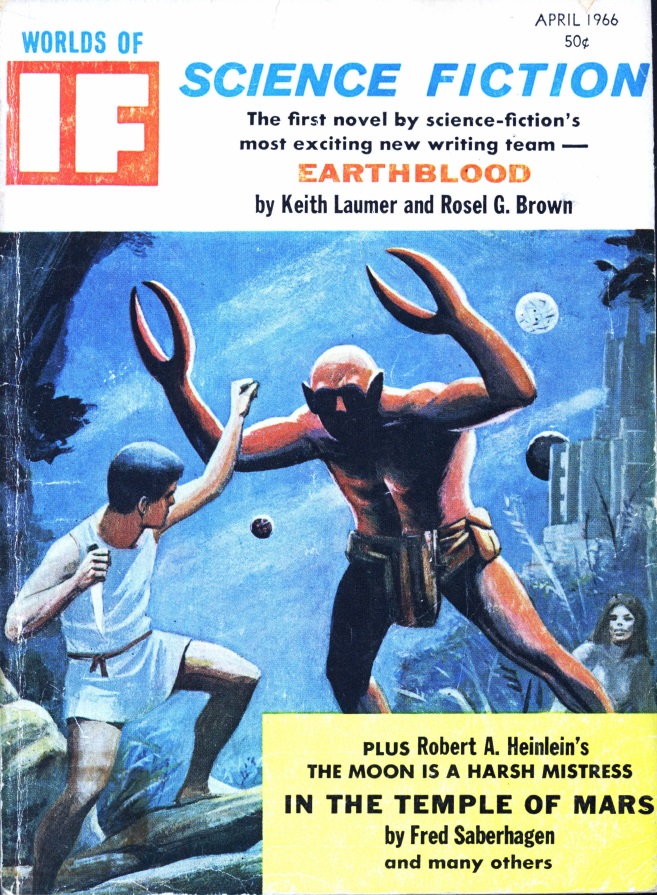
by David Levinson
Trouble at the Cactus Curtain
It may surprise many of you to learn that there is a United States military presence in Cuba. Since 1903, the U. S. has maintained a naval base at Guantanamo Bay, near the south-eastern end of the island. Originally, it was a coaling station and then served as a shipping center during the War. Now it’s largely the base for American operations in the Caribbean.
Naturally, the Castro regime is none too happy about the situation, even though the base employs a large number of Cubans, pumping money into the local economy. Along with the perimeter fence, patrols and watch towers, the U. S. began emplacing mines “as a precaution” following the 1959 revolution, and the Cubans soon followed suit. At least 10 people have been killed, either by blundering into the minefields or through engineering accidents. In 1961, the Cubans also began planting a cordon of prickly pear cactus, quickly dubbed the Cactus Curtain.
On May 21st, a Cuban sentry by the name of Luis Ramirez Lopez was shot and killed by a Marine guard. According to the Department of Defense, Lopez was inside the fence and ignored a warning shot. The Marine then fired again, wounding the Cuban, who was able to climb back over the fence and leave. Two days later, six Cuban soldiers may or may not (depending on which side you believe) have crossed the fence and definitely exchanged fire with several Marines. No one on either side was injured.
Secretary of State Dean Rusk announced his intention to send a diplomatic note via the Swiss, insisting that Cuba cease these provocations and respect the boundary. Castro reportedly said not to bother, and then gave a fiery speech declaring that Rusk had practically threatened war and warned the Cuban people to be ready for an invasion. Tens of thousands of Cuban reservists have apparently been recalled to active duty. Now, Castro’s been pounding the drums lately, probably trying to bolster his support among his people in the face of the struggling economy, but daring the United States to attack seems more foolish than bold. Maybe he feels that with the U. S. tied up in Viet Nam, there’s no chance of them taking up his dare.

A Marine patrols the perimeter at Guantanamo Bay.
Doing the wrong thing
Nobody always does the right thing. Authors often derive interesting situations from their characters acting on bad ideas. Sometimes, though, they go too far and rely on those characters acting like absolute idiots. Boy, is that the case in this month’s IF. From super-genius teenagers to drunken conmen to high-ranking politicians, it seems like everybody left their brain at home.

This supposedly illustrates The Hour Before Earthrise. Maybe a later installment. Art by Morrow
Continue reading [June 2, 1966] Bad Decisions (July 1966 IF)

![[June 2, 1966] Bad Decisions (July 1966 <i>IF</i>)](https://galacticjourney.org/wp-content/uploads/2021/05/IF-1966-07-Cover-654x372.jpg)
![[May 2, 1966] By Any Other Name (June 1966 <i>IF</i>)](https://galacticjourney.org/wp-content/uploads/2021/04/IF-1966-06-Cover-650x372.jpg)

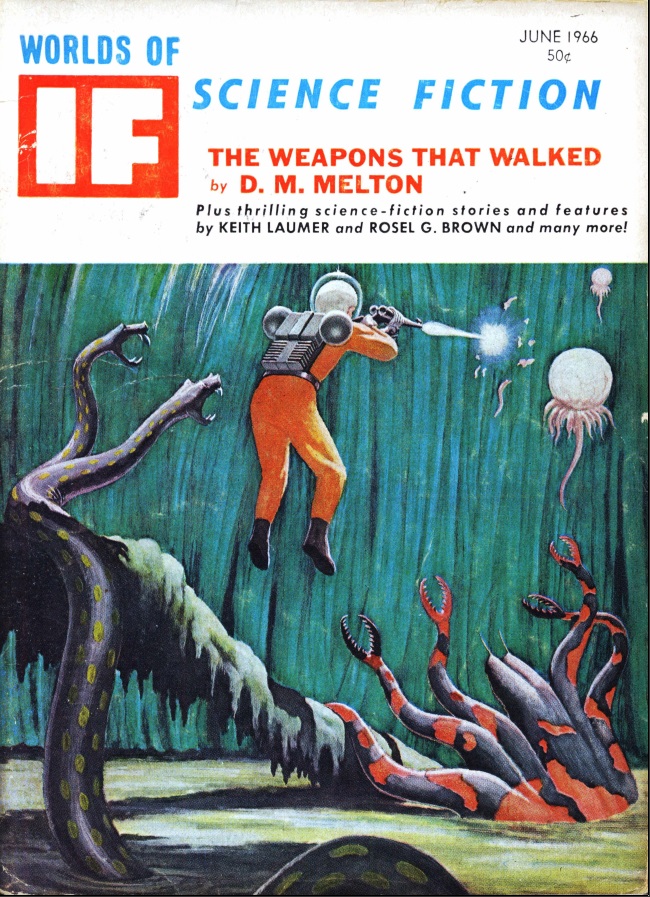
![[April 2, 1966] Hidden Truths (May 1966 <i>IF</i>)](https://galacticjourney.org/wp-content/uploads/2021/03/IF-1966-05-Cover-659x372.jpg)

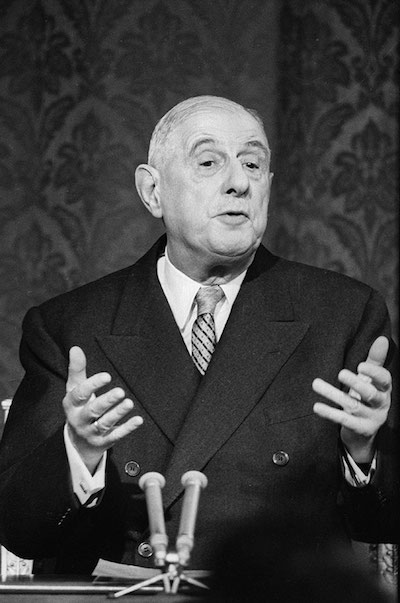
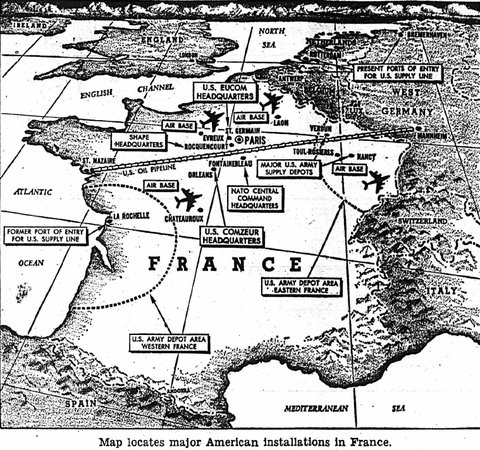
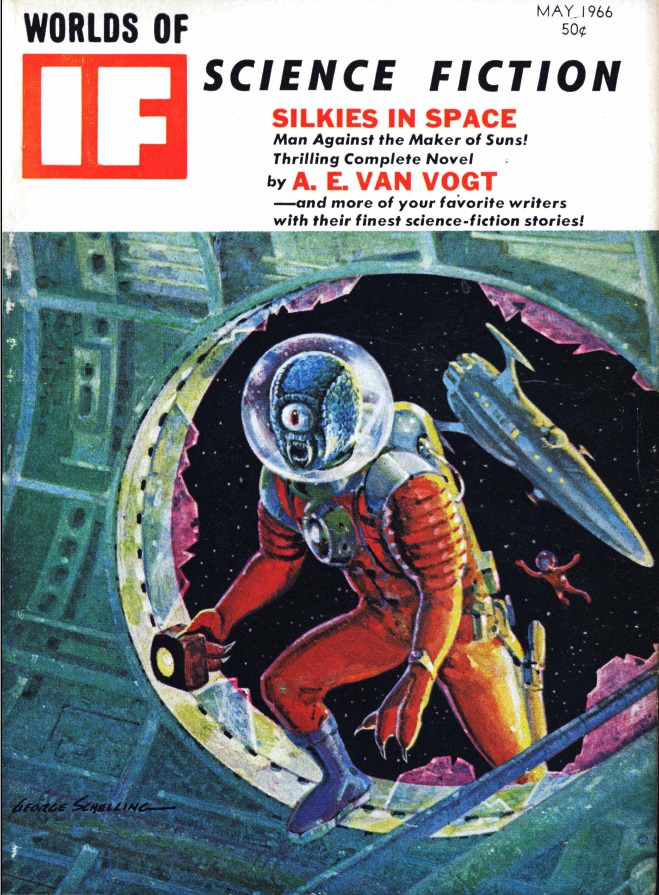
![[March 2, 1966] Words and Pictures (April 1966 <i>IF</i>)](https://galacticjourney.org/wp-content/uploads/2021/02/IF-1966-03-Cover-1-657x372.jpg)
